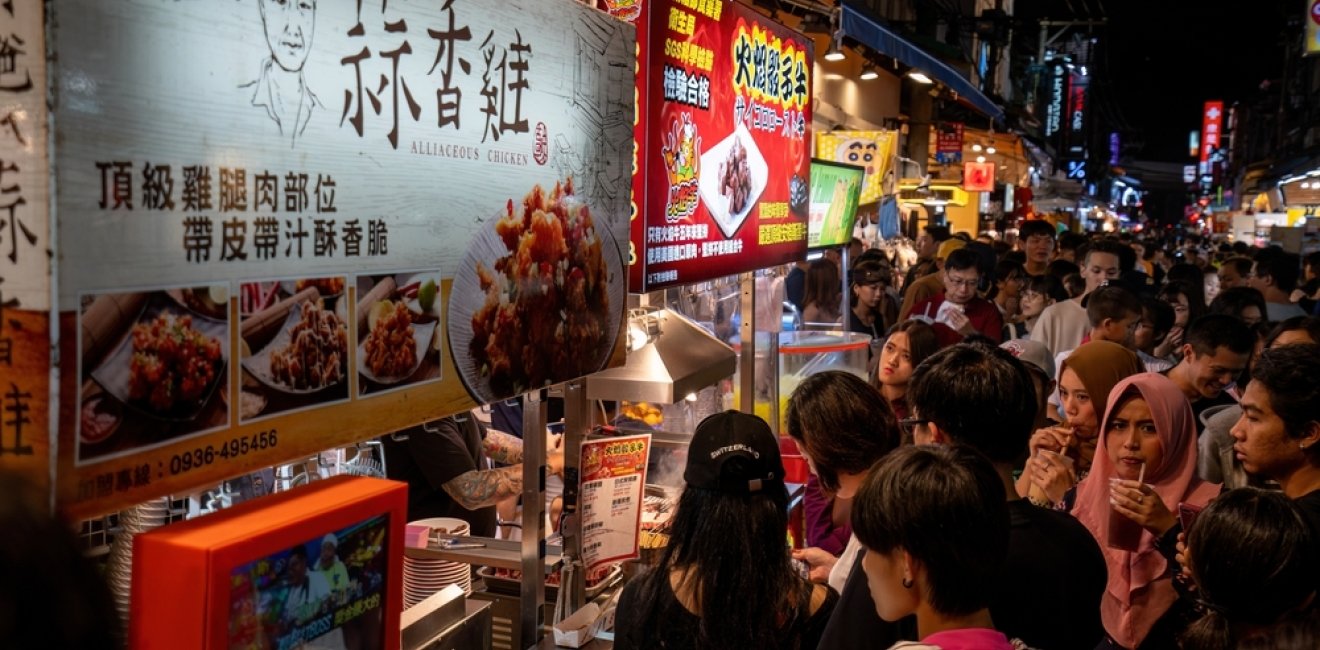
A blog of the Wilson Center

Three-quarters of those living in Taiwan consider themselves to be Taiwanese instead of Chinese—a sharp increase from a decade ago.
Nearly 24 million people live in Taiwan. Historically, two major ethnic groups make up its residents: Han refugees from mainland China who came to Taiwan at the end of the Ming Dynasty in mid-17th Century and again at the end of the Chinese Civil War in the late 40s, and indigenous Taiwanese who have lived on the Island for millennia. When nationalist leader Chiang Kai-shek fled to Taiwan in 1949, he proclaimed that his regime, in Taiwan, was the “true democratic government of Free China.” Its official name—from the US perspective— continues to be the “Republic of China,” and it has flourished as one of Asia’s most vibrant democracies.
In the years after he and his followers settled in Taiwan, Chiang reshaped Taiwan to more closely connect the populace to mainland China. He renamed streets to be associated with traditional Confucian virtues and Mainland place names, required students to learn and speak Mandarin, and marginalized those who chose to speak Taiwanese or Hakka. He also shaped Taiwan’s media culture by pushing for all Taiwan-produced films to be in Mandarin. Non-mandarin or dialect programming was limited to just 45 percent on AM radio channels, and an even smaller 30 percent of television programming.
However, the passage of time has naturally meant that more and more of those living on the island have no memory of ever living in mainland China. In addition, the growing economic and governance contrast between Beijing and Taipei has also gradually fostered a sense of a distinctive identity. Decades ago, the percentages of people who identified as Chinese—or even Taiwanese and Chinese—were significantly higher than those who saw themselves as fully Taiwanese. But the balance appears to be shifting: a recent poll found that 70-80 percent of people in Taiwan consider themselves Taiwanese.
Regardless of Taiwan’s legal status and how the people of Taiwan self-identify, the island’s economy—like every other economy in the region—has close trading ties with the Mainland. According to data from the US Commerce Department’s International Trade Administration, or ITA, Beijing remains by far Taiwan’s largest trading partner, with overall trade roughly twice that of trade with the US. On top of that, Hong Kong is Taiwan’s fourth largest trading partner.
What’s also clear is the Taiwanese desire to grow its trade with the US. According to ITA, US exports to Taiwan grew roughly 19 percent from 2020 to 2021, and imports from Taiwan to the US grew more than 30 percent. A Pew Research survey found that 85 percent of respondents from Taiwan supported closer economic ties with America, and respondents favored closer political ties to Washington over closer ties to Beijing by a 2-to-1 margin.
This blog was compiled with the assistance of Caroline Moody.
Author

Explore More in Stubborn Things
Browse Stubborn Things
Spying on Poachers

China and the Chocolate Factory

India: Economic Growth, Environmental Realities
